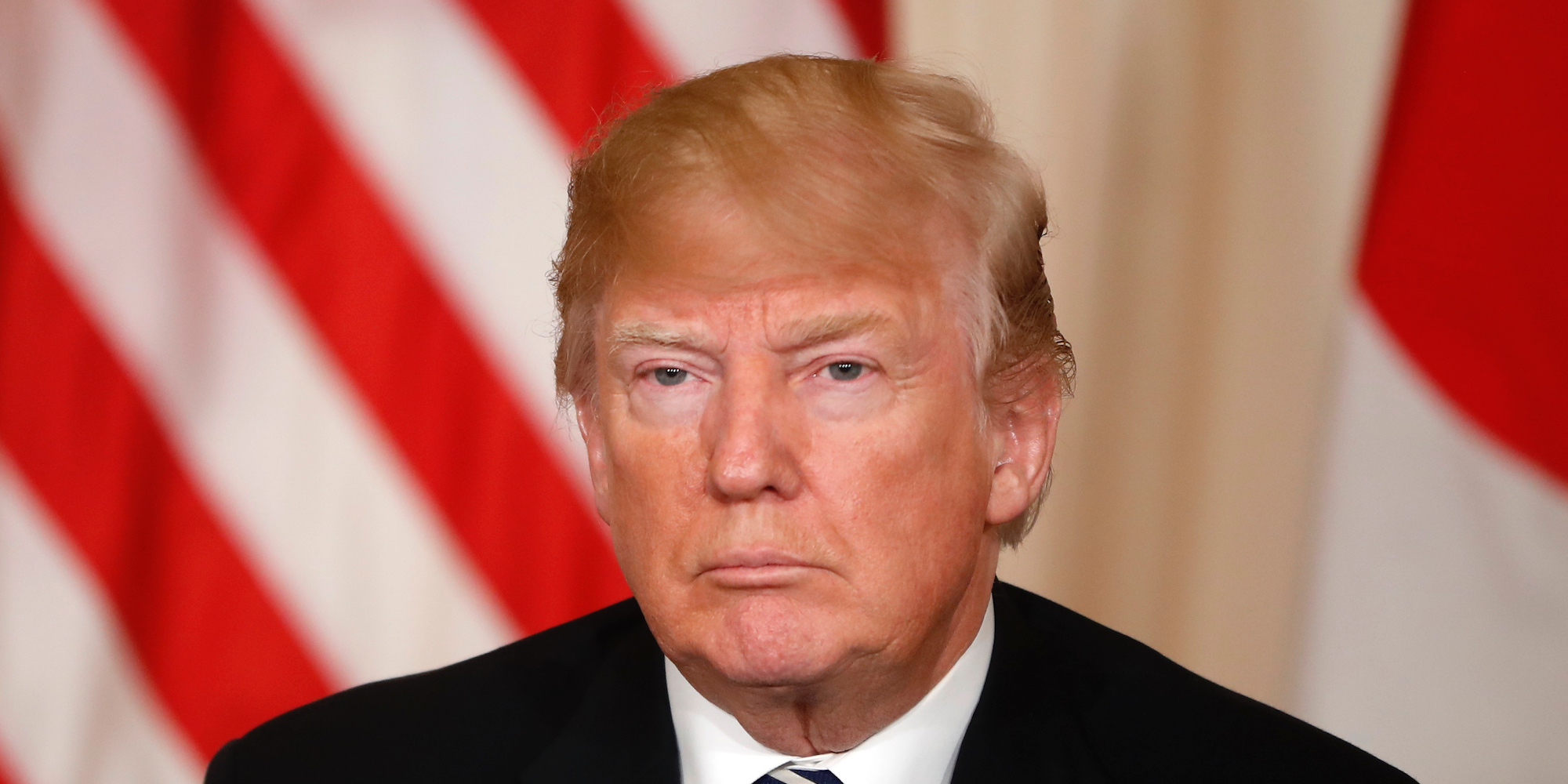- President Donald Trump is demanding Congress pass an immigration “fix” to allow the government to deport immigrants with certain criminal convictions.
- On Tuesday, Supreme Court Justice Neil Gorsuch sided with the court’s four liberal-leaning justices to rule against the Trump administration in a related case.
- The administration has now switched its focus to Congress, urging lawmakers to close what the White House calls “dangerous loopholes” in immigration law.
The federal government was dealt a major blow at the Supreme Court on Tuesday when Justice Neil Gorsuch, appointed by President Donald Trump last year, sided with his liberal colleagues on a case involving immigrants convicted of crimes.
On Wednesday, the White House appeared to blame Congress for the loss in the case that centered on a pet issue of the Trump administration.
The White House press secretary, Sarah Huckabee Sanders, said in a statement that the ruling showed that lawmakers must close “dangerous loopholes” that allow immigrants to remain in the US despite having certain criminal convictions.
“Yesterday’s Supreme Court ruling preventing the removal of certain aliens convicted of aggravated felonies that constitute ‘crimes of violence’ highlights the danger posed by congressional inaction,” the statement said. “It is a matter of vital public safety for Congress to act now.”
Trump also tweeted twice on Tuesday about the ruling, though he didn't address Gorsuch's deciding vote.
"This is a public safety crisis that can only be fixed by Congress - House and Senate must quickly pass a legislative fix to ensure violent criminal aliens can be removed from our society," Trump said. "Keep America Safe!"
Thomas Homan, the deputy director of Immigration and Customs Enforcement, said on Wednesday that he was "disappointed" by the Supreme Court's ruling, though he added that the agency would abide by it.
"It will have an adverse impact on our ability to establish that aliens convicted of certain violent crimes - such as sexual offenses, kidnapping, and burglary - are removable from the United States and ineligible for certain immigration benefits," Homan said in a statement.
'The exercise of arbitrary power'

The court ruled 5-4 to strike down a provision of a federal immigration law that the justices criticized as unconstitutionally vague.
The case centered on an immigrant who had been convicted of residential burglary and faced deportation on the grounds that his crime was an "aggravated felony."
The dispute set off a legal battle over which offenses constitute a "crime of violence" and warrant deportation under the Immigration and Nationality Act.
The US Court of Appeals for the 9th Circuit initially struck down that law's provision as unconstitutionally vague, and the Supreme Court on Tuesday affirmed its ruling.
Gorsuch wrote in his opinion that vague laws "can invite the exercise of arbitrary power ... by leaving the people in the dark about what the law demands and allowing prosecutors and courts to make it up."
Though many liberals and immigration advocates cheered Gorsuch's ruling, longtime Supreme Court observers noted that it wasn't out of the ordinary for Gorsuch, who largely adheres to the legal ideology of his ultraconservative predecessor, Justice Antonin Scalia.
Gorsuch frequently criticizes laws he believes are too vaguely written, and his opinion on Tuesday even cited one of Scalia's previous rulings deploring the "unpredictability and arbitrariness" that vagueness can invite.

